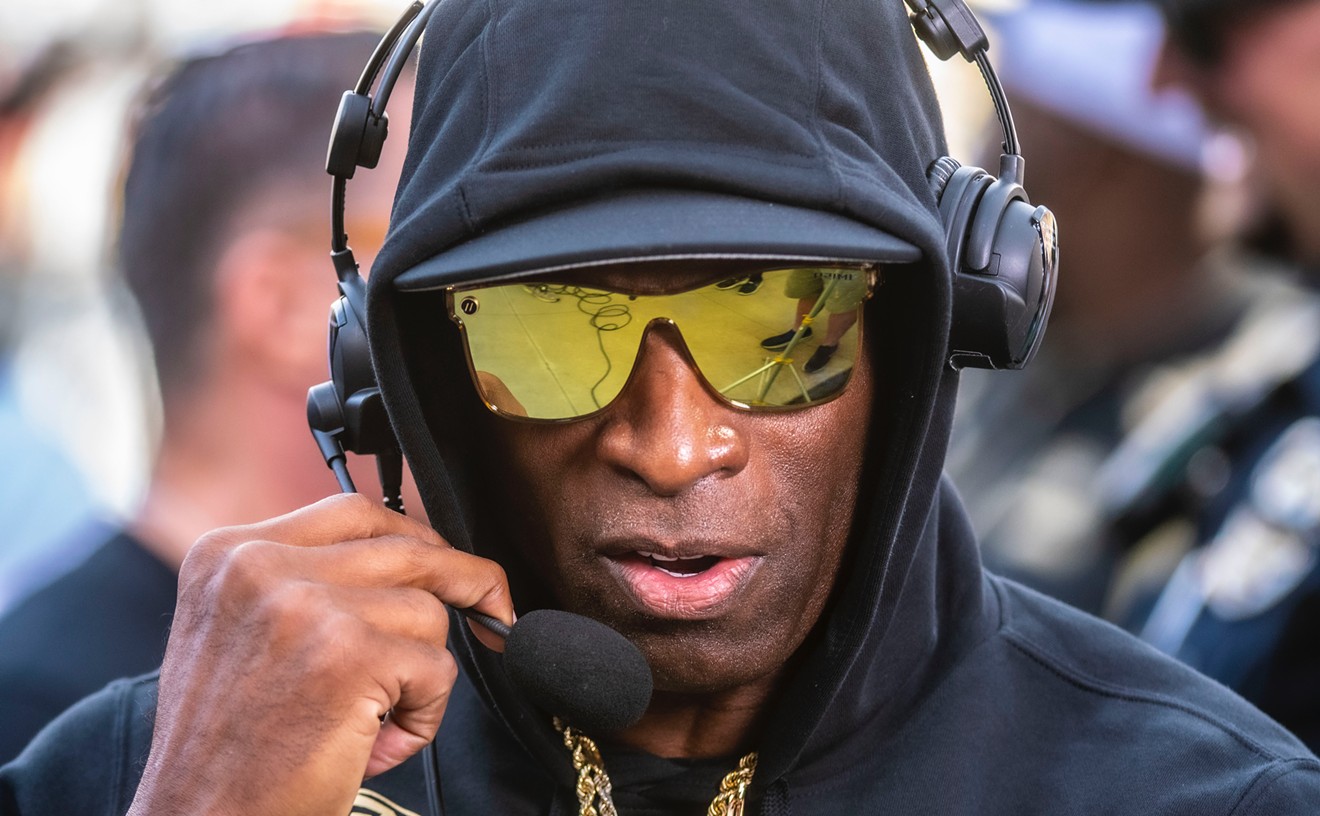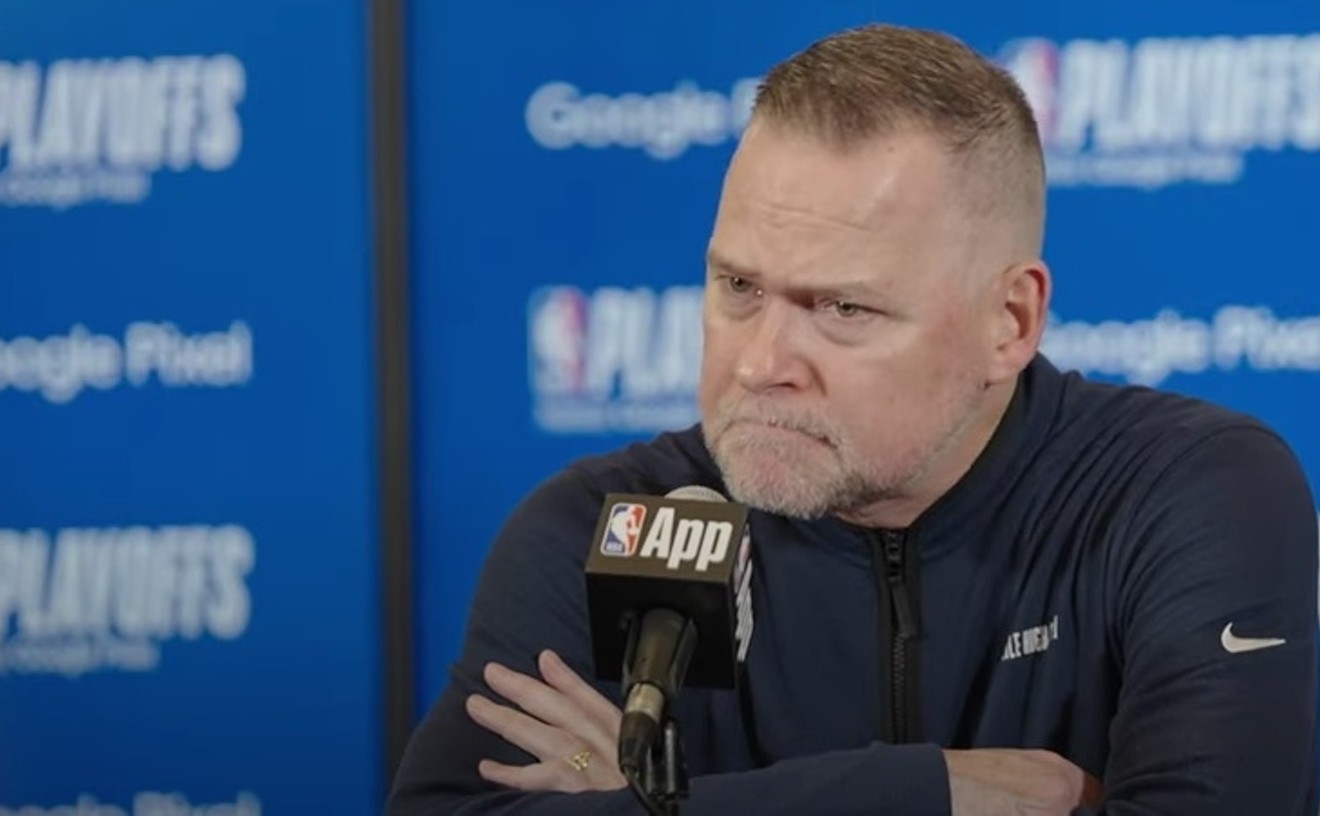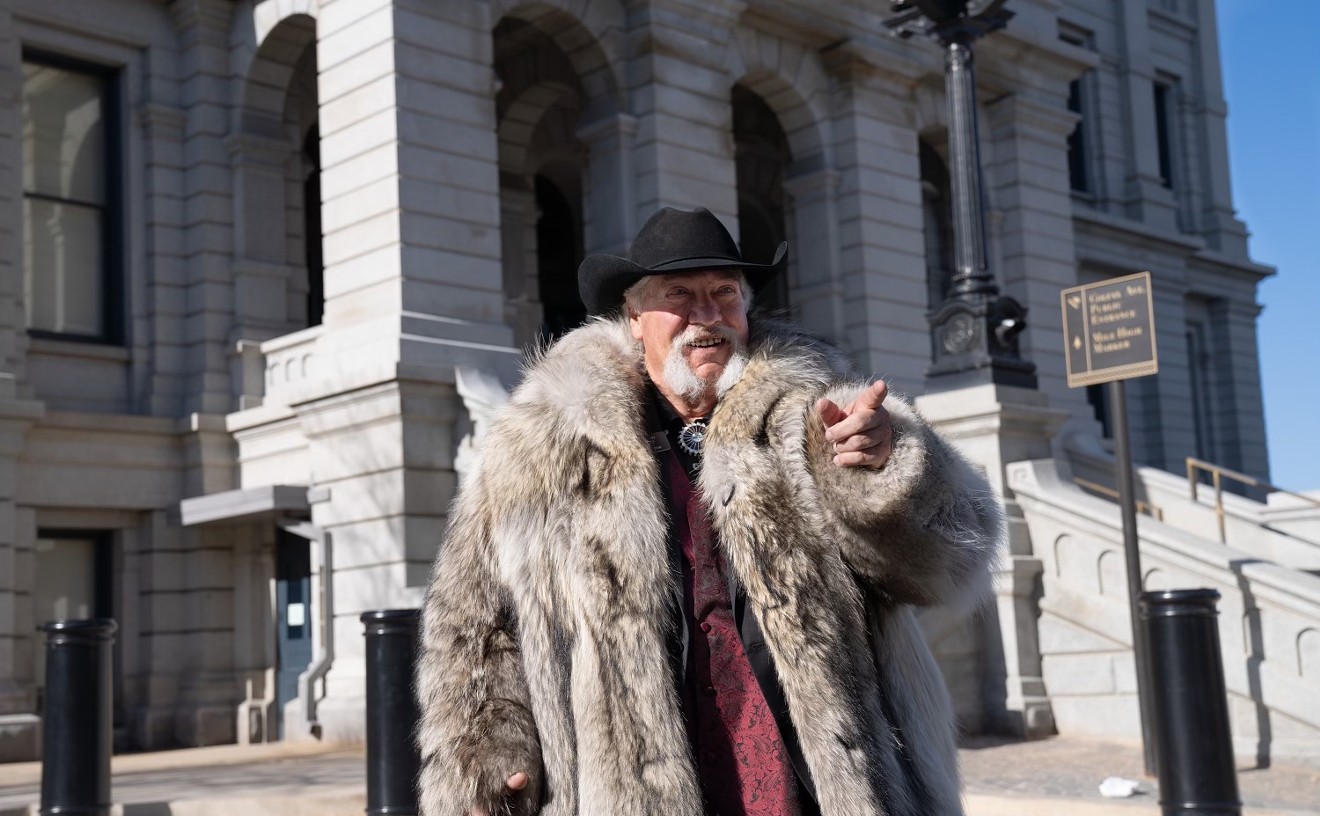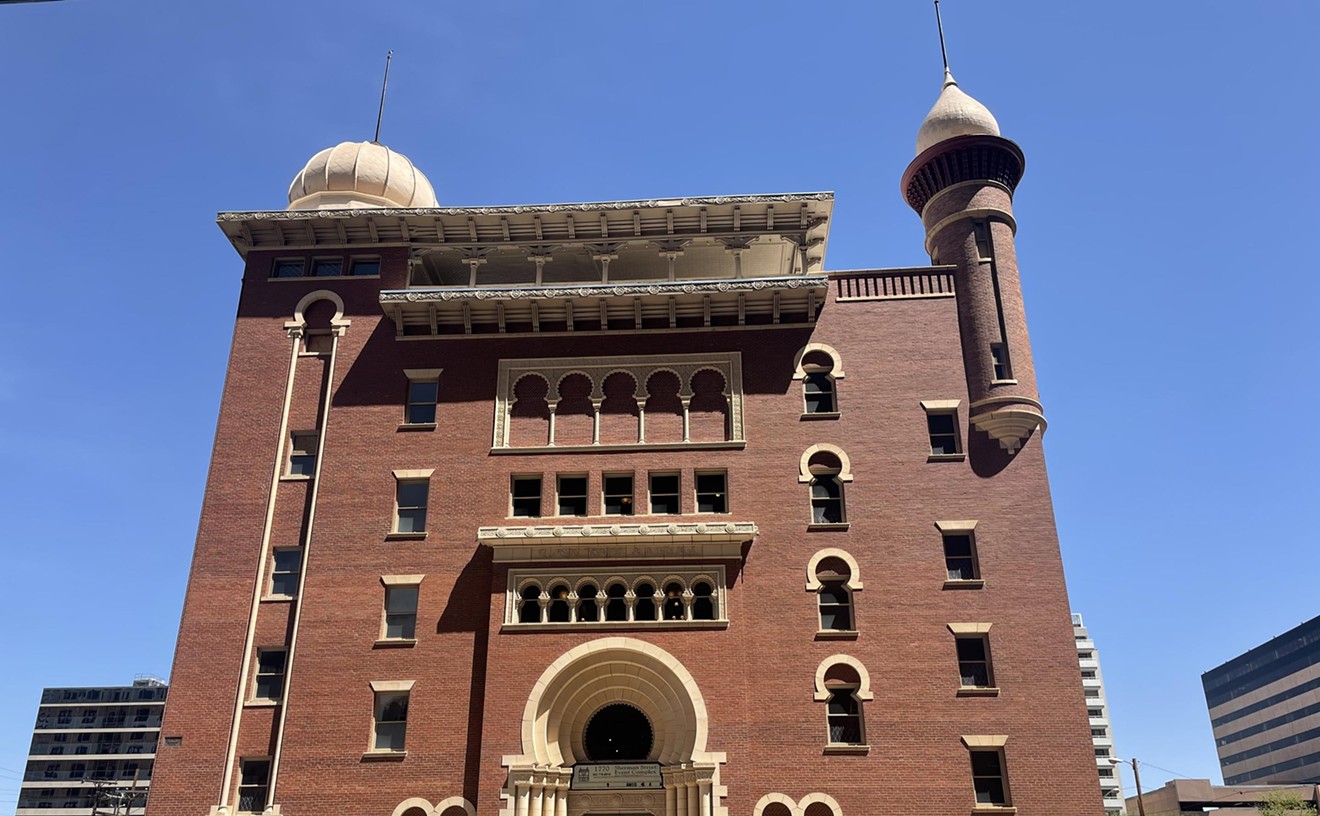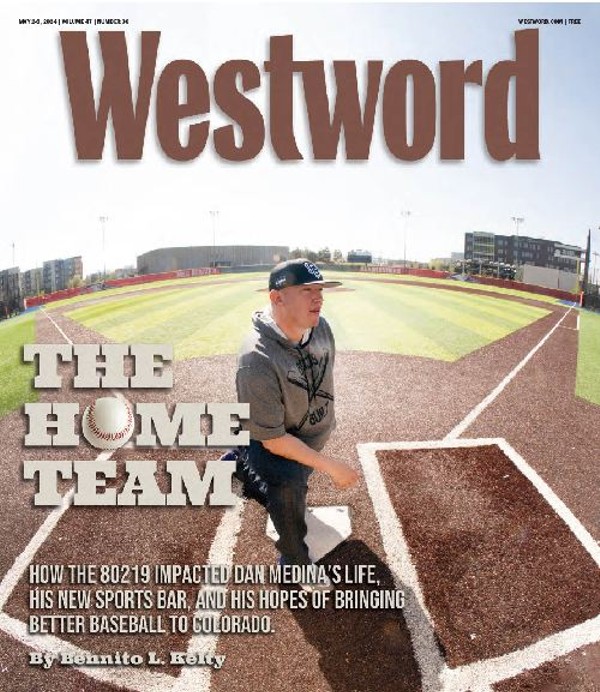The #MeToo movement has exposed patterns of sexual harassment and abuse in the entertainment industry, schools and political arenas a
cross the nation.
Now an effort is underway to determine the severity of the issue in the world of climbing.
A coalition of researchers and organizations, including the Alpinist and the American Alpine Club, is collecting responses from an online survey to determine how often, as the survey put it, “unwelcome sexual advances and other verbal or physical harassment of a sexual nature" occur when people engage in climbing-related activities.
Katie Ives, editor-in-chief of the Alpinist, is involved in the project and says stories she's heard in the climbing community helped spur the research.
“I've been part of private conversations with other climbers who have experienced sexual harassment during climbing trips or climbing-related events but who haven't felt comfortable talking publicly or going on the record about their experiences,” she says. “Most recently, a boardmember of a national climbing organization reached out to me with this idea of launching an initiative to help address the problem in an industry-wide way and to create a safer environment for people to speak out. One of the first steps was to start to quantify the problem, and we decided to partner on the survey as a result.”
Assisting in that effort is Dr. Callie Rennison of CU Denver, a victimologist and expert on statistical surveys who's tasked with breaking down the survey results.
"I think with the #MeToo movement, especially, people are talking about this a lot. And there's interest to see what's going on in the climbing community," Rennison says. “Climbers are already people willing to step forward and go for it, and I love the fact they're willing to turn over the rock and see if there's anything gross under there. I think there are a lot of groups that are afraid to even ask the question because they don't want to know what the answer is."
Rennison says the feedback has been so prolific, with organizations beyond the United States getting involved, that the survey-collection period was extended to its current end date of May 31. The goal is to collect 5,000 responses, but Rennison believes she'll have more than that to work with by the end of the month.
"The survey is short but really focused on what people have experienced,” says Rennison. “So after we have the data, we'll be able to dis-aggregate it so we can tell things like if people say most experiences happened recently or a number of years ago, or if more experiences happened in [certain kinds of] climbing, like in a gym or not in a gym.”
The survey also gives respondents the option of writing a narrative of their personal experience(s).
“So using that qualitative information, we'll be able to develop themes,” Rennison explains. “Hopefully in the future, we'll be able to field an additional survey about how many of you have witnessed this and what did you do? We could point them to literature on bystander intervention."
The results will appear in the Alpinist and other magazines toward the end of summer.
“Climbing is an activity that tends to involve a lot of trust and vulnerability, and if we're going to try to encourage more diverse and inclusive climbing communities, this problem is one of many, often-silent barriers that we need to confront,” Ives says. “There are objective hazards in climbing — rockfall, storms, avalanches — but people of all genders and backgrounds should be able to participate in the activity without also having to fear other climbers. And we want to do what we can to join efforts to make the climbing world a better environment for everyone.”
[
{
"name": "Air - MediumRectangle - Inline Content - Mobile Display Size",
"component": "12017618",
"insertPoint": "2",
"requiredCountToDisplay": "2"
},{
"name": "Editor Picks",
"component": "17242653",
"insertPoint": "4",
"requiredCountToDisplay": "1"
},{
"name": "Inline Links",
"component": "18838239",
"insertPoint": "8th",
"startingPoint": 8,
"requiredCountToDisplay": "7",
"maxInsertions": 25
},{
"name": "Air - MediumRectangle - Combo - Inline Content",
"component": "17261320",
"insertPoint": "8th",
"startingPoint": 8,
"requiredCountToDisplay": "7",
"maxInsertions": 25
},{
"name": "Inline Links",
"component": "18838239",
"insertPoint": "8th",
"startingPoint": 12,
"requiredCountToDisplay": "11",
"maxInsertions": 25
},{
"name": "Air - Leaderboard Tower - Combo - Inline Content",
"component": "17261321",
"insertPoint": "8th",
"startingPoint": 12,
"requiredCountToDisplay": "11",
"maxInsertions": 25
}
]







